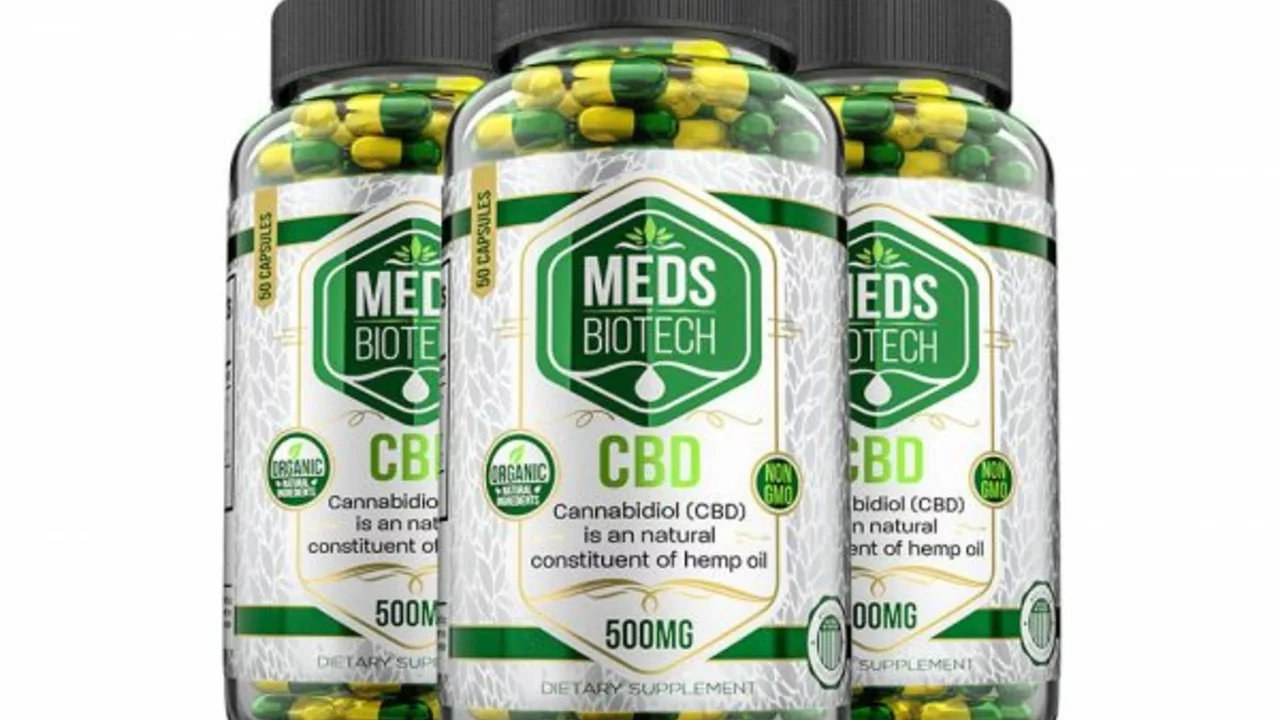CBD Dietary Supplements — August 2023 Archive
In August 2023 we published a practical guide on cannabidiol (CBD) dietary supplements. This archive page collects the core takeaways so you can quickly find what matters: product types, dosing basics, safety tips, and how to spot quality brands.
The post explains the difference between full-spectrum, broad-spectrum, and CBD isolate. Full-spectrum contains CBD plus trace cannabinoids and terpenes; broad-spectrum drops most THC; isolate is pure CBD. Knowing this helps match a product to your goals — for sleep, mood support, or general wellness.
We also break down common formats: oils (tinctures), capsules, gummies, topicals, and vapes. Oils let you adjust dose precisely and absorb faster under the tongue. Capsules offer convenience and consistent dosing. Gummies are easy and tasty but can contain sugars. Topicals work for local relief. Vaping acts fast but carries lung risks; think twice before choosing vaporized forms.
How to pick a CBD supplement
Start by checking third-party lab reports (COAs). A legitimate COA shows cannabinoid levels, confirms low THC, and tests for pesticides, solvents, and heavy metals. Prefer products made from hemp grown in the U.S. or EU with clear extraction methods like CO2. Read labels for serving size and milligrams of CBD per serving — not just per bottle.
Watch for misleading marketing. No legal CBD product can claim to cure diseases. If a brand promises dramatic results or uses vague phrases like “pharmaceutical grade” without proof, be skeptical. Customer reviews help, but prioritize lab results and transparent ingredient lists.
Safety, dosing, and expectations
Start low and go slow. A common beginner dose is 5–10 mg of CBD once or twice a day, then adjust in small steps. Keep a log of dose, time, and effects for two weeks to see patterns. CBD can interact with medications, especially blood thinners and some anti-seizure drugs. Ask your healthcare provider if you take prescription meds.
Side effects are usually mild: drowsiness, dry mouth, or reduced appetite. If you experience severe reactions, stop use and seek medical advice. Keep dosing consistent and avoid mixing with alcohol or sedatives until you know how CBD affects you.
Compare price per milligram, not bottle price. Divide total CBD mg by price to get cost/mg. Cheaper isn't always better—low-cost products may skimp on lab testing. Look for batch numbers and expiration dates. Brands with transparent COAs can be a good value. Expect mid-range quality tinctures around $0.05–$0.15 per mg; gummies may cost more due to processing and flavoring.
Store CBD in a cool, dark place to keep potency. Most oils last 12–24 months; check the label. Give a product at least two weeks at a consistent dose before judging effectiveness. For sleep or anxiety, some people notice effects within days, others need several weeks. If you plan to drive or operate machinery, test how CBD affects you at home first. If you have questions, email us or read the full article for lab report examples.
This archive post is a quick guide, not medical advice. For more detailed articles, lab report samples, and brand checks, visit our site and read the full August 2023 article. If you want help comparing two products, drop their links and we’ll point out the differences based on potency, COAs, and pricing.
Well, folks, buckle up and prepare to dive into the riveting world of Cannabidiol! We're talking about CBD Dietary Supplements, those magical little concoctions that are turning heads and changing lives. You know, CBD - the stuff that comes from hemp but doesn't make you high, just healthy. Who knew one could find so much power in a plant? So, join me on this ride as we unlock the mysteries and benefits of CBD, leaving no stone unturned in our quest for the truth, a journey with a twist of fun and positivity. Let's get the green rolling!
View More

